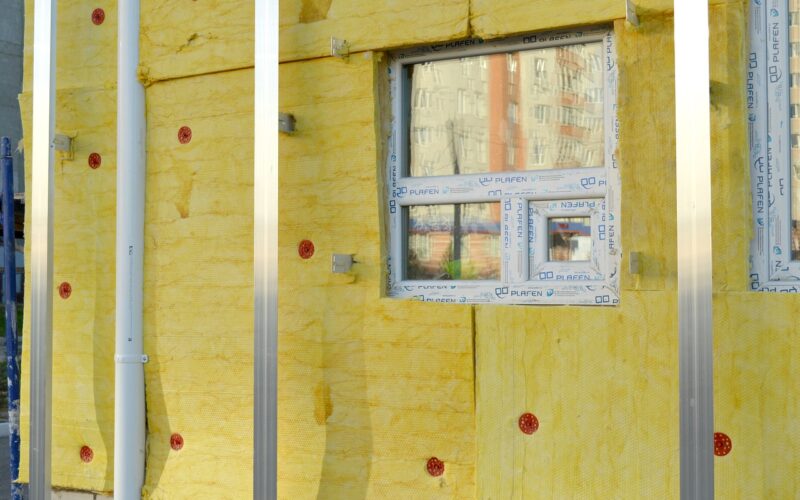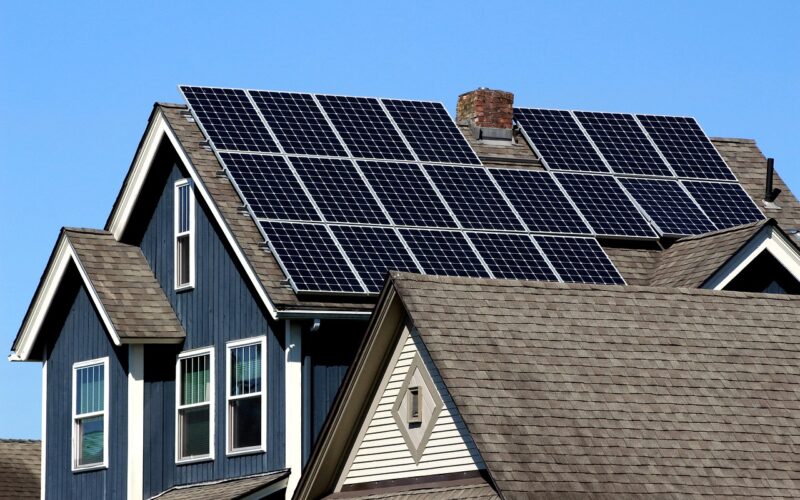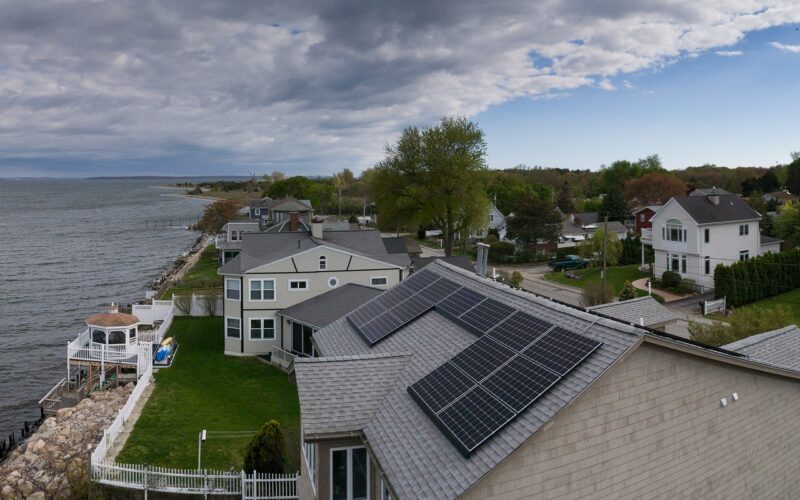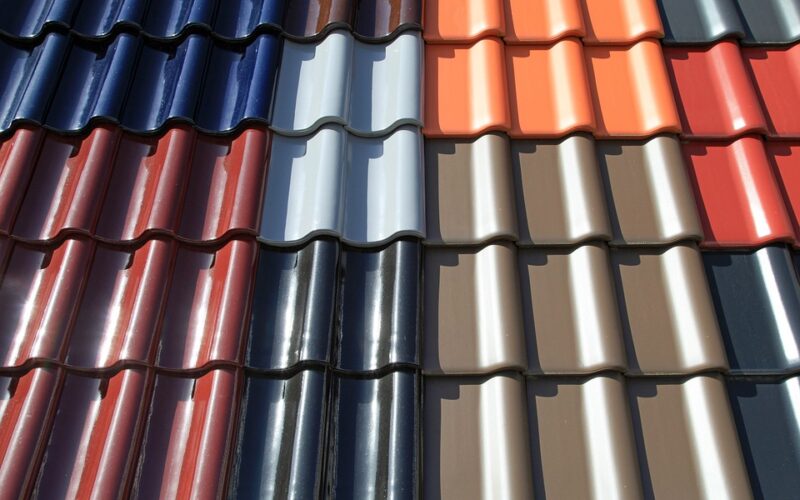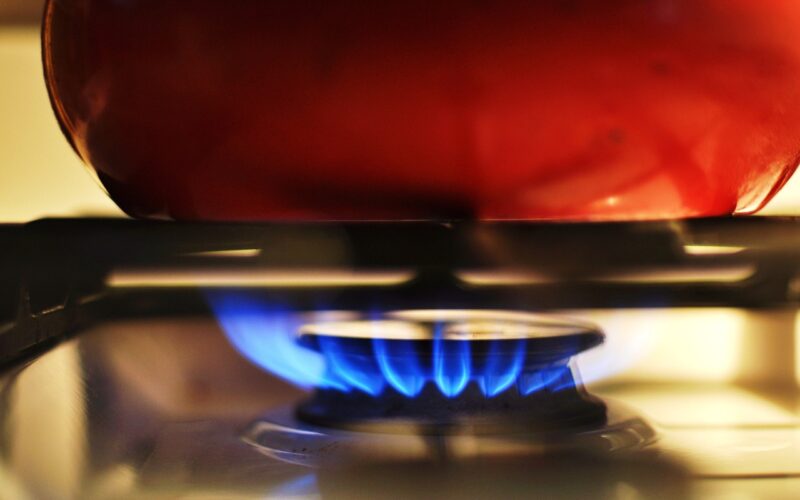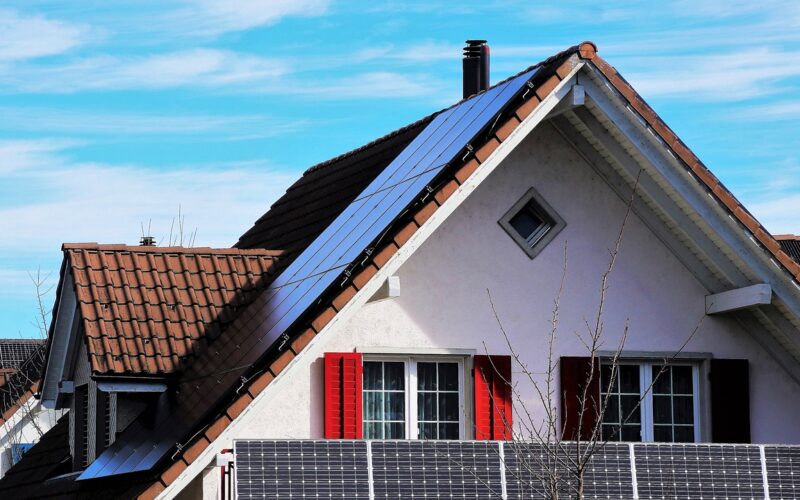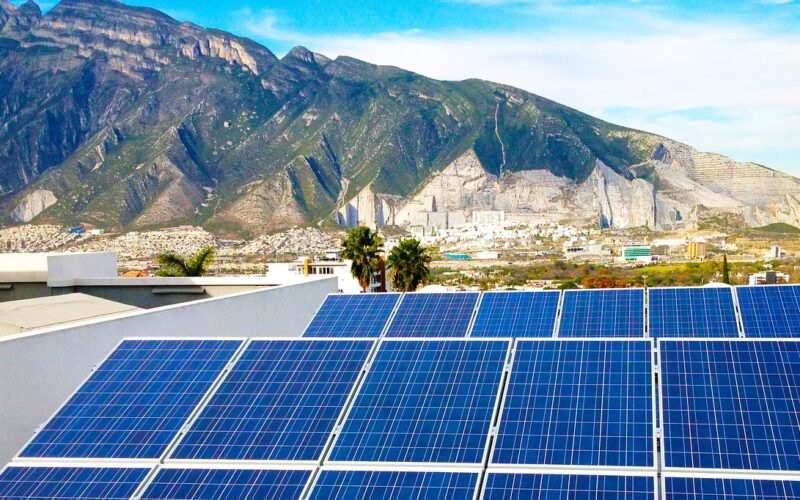Insulation is a critical component of any home, serving as a barrier between the indoor and outdoor environments. Proper insulation can significantly affect both your comfort and energy bills.
What is insulation and how does it work?
At its core, insulation refers to materials used to reduce the rate of heat transfer. By keeping warm air inside during cold months and hot air out during warmer ones, insulation helps maintain a consistent temperature within a home, regardless of external weather conditions.
Insulation materials work by trapping tiny pockets of air within their structure. Since air is a poor conductor of heat, these pockets minimise the amount of heat that can pass between inside and outside spaces. Common insulation materials include fibreglass, cellulose, foam board, and spray foam, each with its own set of properties that make them suitable for specific applications.
The impact of insulation on energy efficiency
One of the most significant benefits of good insulation is increased energy efficiency. A well-insulated home uses less energy for heating and cooling, which translates to lower utility bills. The U.S. Department of Energy estimates that homeowners can save up to 15% on heating and cooling costs by adding proper insulation. By slowing down the heat flow — restricting heat loss in winter and heat gain in summer — insulation reduces the burden on heating, ventilation, and air conditioning (HVAC) systems, leading to less energy consumption and greater cost savings.
Enhanced comfort through consistent temperatures
Comfort in the home comes from having a consistent temperature in all rooms. Without proper insulation, you might experience cold drafts or hotspots, where different parts of your home feel much colder or hotter than others. Effective insulation can offer a solution to these issues by helping to maintain a stable indoor environment. Additionally, insulation has sound-dampening properties which contribute to a quieter, more peaceful home by reducing the infiltration of outside noises.
Insulation's role in a healthier home environment
Insulation can also play an essential role in promoting a healthy living space. It minimises the risk of mould growth by preventing condensation — which occurs when warm air meets cool surfaces—in walls and ceilings. This is particularly crucial for individuals with allergies or respiratory issues. Furthermore, some insulation is designed to be fire resistant, adding an extra layer of safety to your home.
Insulation's contribution to sustainability
Sustainability efforts are increasingly important in our fight against climate change. Insulation generously contributes to these efforts by reducing carbon footprints. Homes that use less energy for heating and cooling release fewer carbon emissions. By maximising energy efficiency with insulation, we not only save ourselves money but also help protect the environment.
The value of home insulation
The importance of insulating your home cannot be overstated. From enhancing energy efficiency and comfort to promoting health and sustainability, insulation plays a fundamental role in improving our living spaces. If you are building a new home or considering upgrades to an existing property, remember to give due attention to the quality of insulation. In the long run, this investment pays off not just in monetary terms but also in the overall quality of life it fosters for you and your family.
With all these benefits in mind, it's clear why insulation should be a key consideration for any homeowner. It's not just a matter of filling walls and attic spaces; it's about crafting a more desirable and sustainable home environment.
